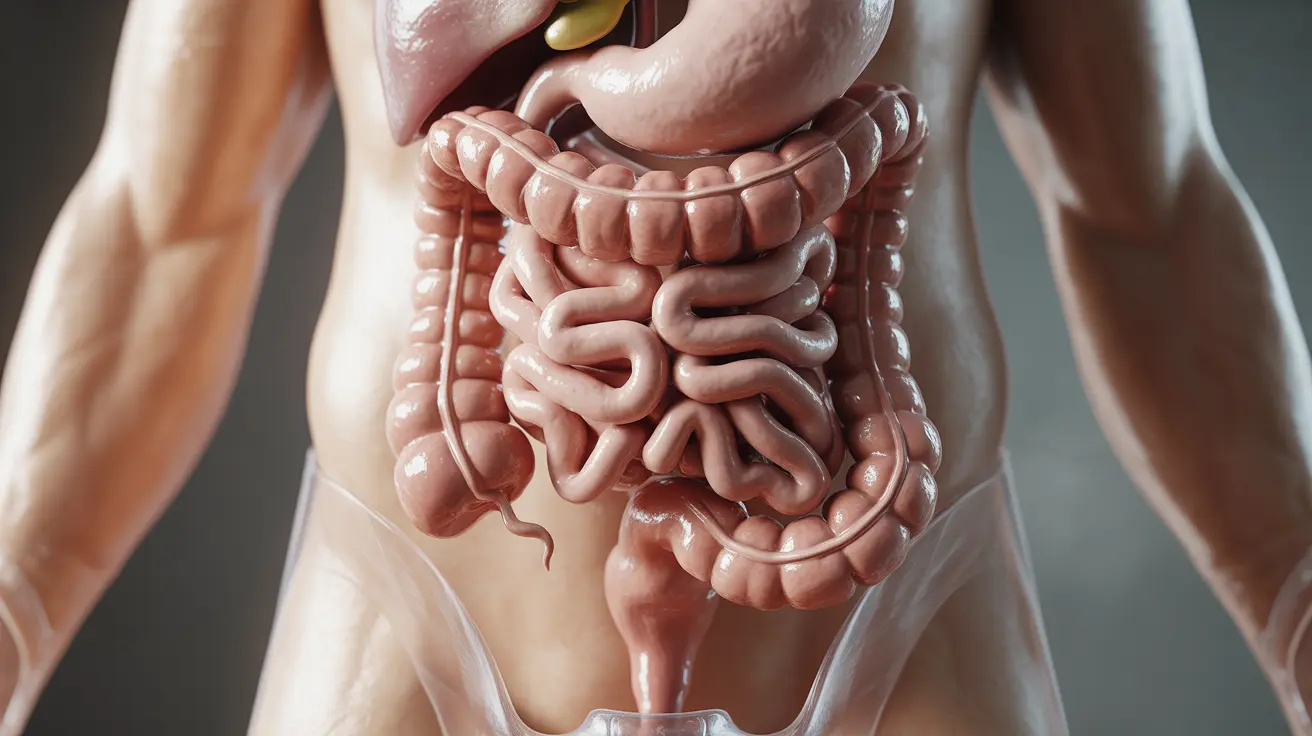Reaching 34 weeks pregnant marks an exciting milestone in your pregnancy journey. At this stage, your baby is rapidly developing, and your body continues to prepare for the approaching delivery. Understanding what to expect during this crucial period can help you feel more confident and prepared.
This comprehensive guide will walk you through the key aspects of pregnancy at 34 weeks, including common symptoms, baby's development, and essential self-care tips to ensure both you and your baby stay healthy during these important weeks.
Your Baby's Development at 34 Weeks
At 34 weeks, your baby is experiencing significant growth and developmental milestones. Their organs are continuing to mature, and they're gaining weight rapidly – typically about half a pound per week. Your little one now measures approximately 17.75 inches in length and weighs around 4.75 pounds.
Key developmental highlights include:
- Stronger bones, except for the skull which remains soft for delivery
- Nearly fully developed lungs
- More defined facial features
- Increasing fat deposits under the skin
- Enhanced cognitive development with forming neural connections
Common Symptoms at 34 Weeks
During week 34, you may experience various physical changes and symptoms as your body continues to accommodate your growing baby:
Physical Discomfort
Many women experience:
- Braxton Hicks contractions
- Lower back pain
- Pelvic pressure
- Swollen feet and ankles
- Shortness of breath
Digestive Changes
Common digestive symptoms include:
- Heartburn and indigestion
- Constipation
- Increased appetite or feeling full quickly
Important Warning Signs to Watch For
While many symptoms are normal during week 34, certain signs warrant immediate medical attention:
- Severe or persistent headaches
- Regular, painful contractions
- Reduced fetal movement
- Vaginal bleeding
- Sudden swelling in face or hands
- Vision changes
Self-Care Tips for Week 34
Taking care of yourself is crucial during this stage of pregnancy. Consider these important self-care measures:
Physical Comfort
Maintain comfort through:
- Regular gentle exercise, such as walking or prenatal yoga
- Using pregnancy support pillows while sleeping
- Wearing comfortable, supportive shoes
- Taking frequent breaks to rest
Healthy Lifestyle Choices
Focus on:
- Maintaining a balanced, nutritious diet
- Staying well-hydrated
- Getting adequate rest
- Continuing prenatal vitamins
Preparing for Potential Early Delivery
While full-term pregnancy is ideal, it's important to be prepared in case of early delivery. At 34 weeks, babies have a very good chance of survival, though they may need some special care in the NICU. Having your hospital bag packed and birth plan ready is advisable at this stage.
Frequently Asked Questions
What common symptoms should I expect at 34 weeks pregnant and how can I manage them?
Common symptoms include Braxton Hicks contractions, back pain, swelling, and shortness of breath. Manage these by staying active, using support garments, elevating your feet, and practicing good posture. Regular rest periods and gentle exercise can also help alleviate discomfort.
How is my baby developing at 34 weeks and what changes should I be aware of?
At 34 weeks, your baby's organs are nearly fully developed, particularly the lungs and brain. They're gaining weight rapidly, developing stronger bones, and adding layers of fat. Their immune system is strengthening, and they're developing more coordinated movements.
What are the risks and care considerations for a baby born at 34 weeks?
Babies born at 34 weeks generally have good survival rates but may need NICU care. They might face challenges with breathing, feeding, and temperature regulation. Special attention to their development and potential complications is necessary during their early weeks.
When should I contact my healthcare provider if I experience certain symptoms at 34 weeks pregnant?
Contact your healthcare provider immediately if you experience regular contractions, decreased fetal movement, vaginal bleeding, severe headaches, vision changes, or sudden swelling in your face or hands. These could be signs of complications requiring immediate attention.
What lifestyle and self-care tips can help me stay comfortable and healthy during week 34 of pregnancy?
Focus on maintaining a healthy diet, staying hydrated, getting adequate rest, and engaging in gentle exercise. Use support garments when needed, practice good posture, and listen to your body's needs. Regular prenatal check-ups and following your healthcare provider's recommendations are essential.




